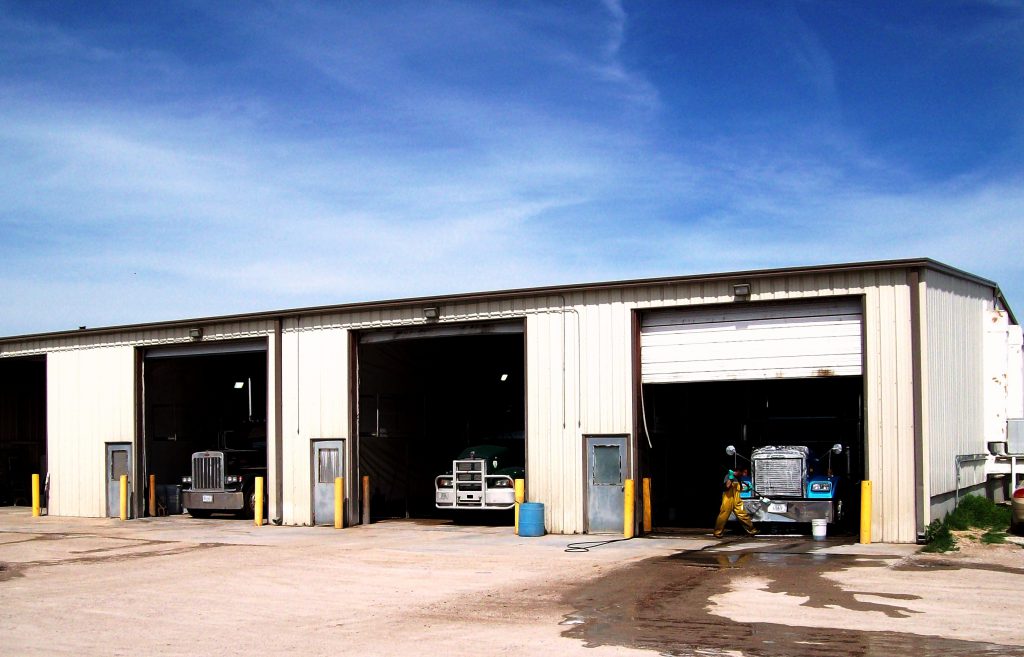Jun
21

What are some things that you should consider if you are thinking about adding a truck wash to your facility? We asked Settje Agri-Services Engineer Matt Goeller and President Dean Settje to make a quick checklist of what to think about before starting the process.